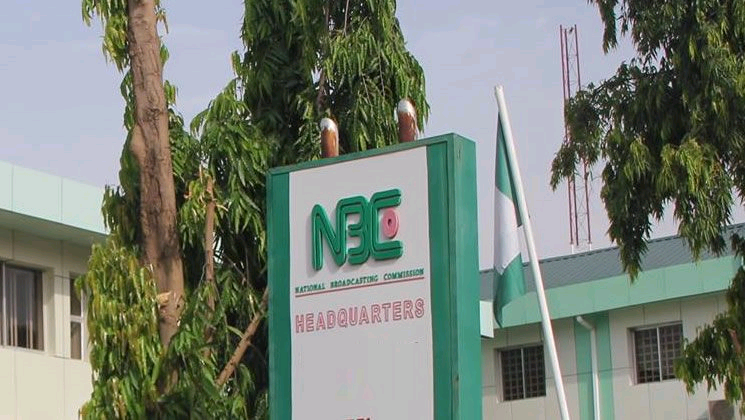Following issues with the licenses of 53 broadcast stations in the country, and shutting them down over the failure to renew their licenses, the Federal High Court sitting in Lagos on Monday, August 29, has stopped President Muhammadu Buhari, and the National Broadcasting Commission (NBC).
The Nigerian Guild of Editors and the Socio-Economic Rights and Accountability Project had approached the court to restrain NBC from shutting the stations over alleged N2.6bn debts.
Read Also: NBC To Court: SERAP Drag Buhari Over The Shut Down Of 53 Broadcast Stations
They asked the court for a declaration that Section 10(a) of the Third Schedule to the NBC Act used by NBC to threaten to revoke the licences of the stations and shut them is unconstitutional and unlawful as it violates the freedom of expression.
They asked the court for:
An order of interim injunction restraining Buhari and the NBC, their agents from revoking the licenses of 53 broadcast stations in the country and shutting their down operations, pending the hearing and determination of the motion on notice filed contemporaneously in this suit.
A press statement on Monday signed by the General Secretary, NGE, Iyobosa Uwugiaren; and the Deputy Director, SERAP, Kola Oluwadare, quoted Justice Akintayo Aluko (Court 8) of granting an order of interim injunction, following the hearing of an argument on “Motion Ex parte” by both groups.
The suit has been adjourned to September 8, 2022, for the hearing of the motion on notice for interlocutory injunction.
In the suit with number FHC/L/CS/1582/2022, NGE and SERAP asked the court to determine “whether section 10(a) of the Third Schedule to the NBC Act used by NBC to threaten to revoke the licenses of 53 broadcast stations and shut them down is not inconsistent with freedom of expression and access to information.”
Read Also: NBC Reverses Initial Plans To Shut Down Some Broadcast Stations
NGE and SERAP also sought;
A declaration that section 10(a) of the National Broadcasting Act used by the NBC to unilaterally revoke the licenses of the broadcast stations and shut down the stations is a violation of the constitutionally and internationally guaranteed right to fair hearing.
It read in part;
The provisions of the 1999 Constitution and human rights treaties on freedom of expression indicate that this right can be exercised through any medium.
Effectively, these provisions recognise that every individual has the right to an equal opportunity to receive, seek and impart information through any communication medium without discrimination.
The use of NBC Act and Code, in this case, would inadmissibly open the door to arbitrariness, and would fundamentally restrict the freedom of expression that is an integral part of the public order protected the 1999 Constitution and human rights treaties to which Nigeria is a party to.
The two groups had argued that the media play an essential role as a vehicle or instrument for the exercise of freedom of expression and information – in its individual and collective aspects – in a democratic society; adding the media have the task of distributing all varieties of information and opinion on matters of general interest.

